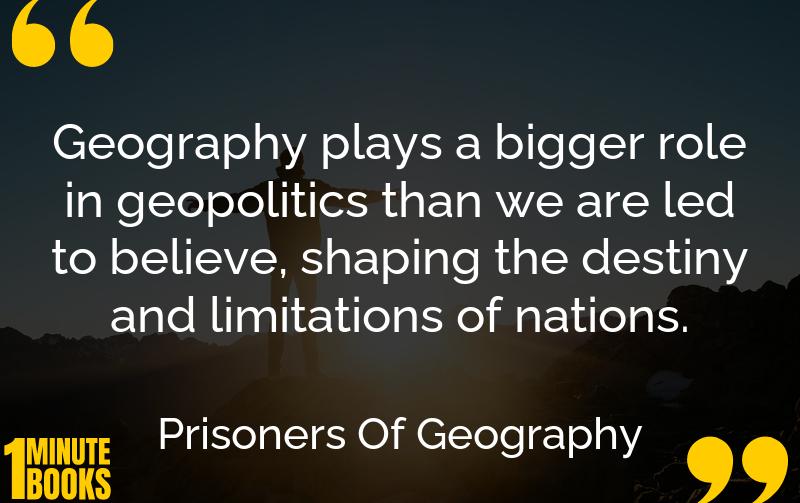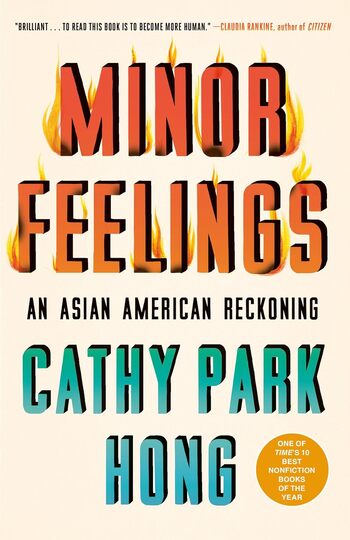
Prisoners of Geography explores how geographic features shape the power dynamics and geopolitical strategies of nations, focusing on ten regions including superpowers like the USA and China.
Main Lessons
- Geography is a key factor in geopolitical conflicts and strategies.
- The USA benefits from advantageous geography, such as natural barriers and navigable rivers.
- China’s control over Tibet is strategic for military and resource reasons.
- Africa’s geography often hinders economic development due to difficult terrain and limited navigable rivers.
- Colonial history has exacerbated Africa’s geographic challenges.
- Geographic features can shield or expose countries to potential threats.
- Natural harbors contribute significantly to economic power, as seen in New York’s rise.
- Rivers facilitate trade and movement, boosting economies like the USA’s.
- Geographic positioning can predestine nations to become superpowers if leveraged correctly.
- Mountain ranges like the Himalayas act as natural military barriers.
- Control over water sources can be pivotal for regions, as with China’s interest in Tibetan rivers.
- Geopolitical strategies often consider geographic advantages and vulnerabilities.
- Geography can impede or enhance a nation’s ability to project power or defend itself.
- Different regions have unique geographic advantages and challenges impacting global politics.
- Understanding geography’s role in history is crucial for analyzing current and future geopolitical developments.








